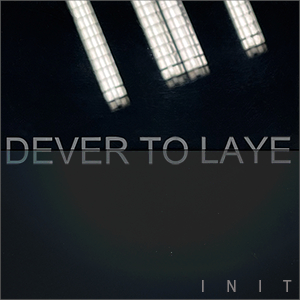Lissajous is a complex audio/video signal generator built in Max/MSP and inspired by the work of Jules Antoine Lissajous.
As an electronic musician—actually, I am a fully organic meat-popsicle human but I make music electronically—I am on the lookout for new and interesting devices to add to my collection for both recording and performance. At one time it used to be solely synths, drums machines and effects pedals all crowded into a metal box with wire, circuit boards and occasionally some bugs, mice and forgotten pieces of candy. Since the early Aught’s I’ve been collection VST and software as well. Moving from hardware to laptop recording made for less impressive visual elements in my performances and while I wish I could embrace the “play in complete darkness” ethos of my heroes Autechre I really like a nice light show. Maybe it’s because my first concert was for Rush’s “Signals” tour and I got really high at age 13 from all the pot being smoked at Radio City.
I’ve always loved playing a venue where there was a video artist projecting images on a screen behind or near me. But sometimes there is no one but me though I kind of want a visual element, a video component to accompany my performance. But rather than take the endless hours to compile video footage I’ve been curious about software that might produce video while I play my block flattening beats.
Lissajous is a stand alone music software app made in MAX/MSP—inspired by Jules Antoine Lissajous—and created by Sineraw. It’s a simple keyboard interface with XY rendering of video produced by the interaction of the user and the simple two oscillator synthesizer. I was intrigued by its possible inclusion in my live setup as a visual accompaniment.
Lissajous does make some interesting shapes from the sounds its produces with its own internal oscillator. You can control the shape of the waveform and perform basic functions of simple synthesis with it. Ultimately though it’s a toy in its infancy. Even though the presets are interesting it’s missing a few things for me. Some automation would be nice. Colors, too, and a way to blend and form shapes a but more. Despite the presence of MIDI in the application it’s hard to sync it to Ableton Live or a DAW. Something like that would be great but again because it’s in its first version that’s not entirely visible yet. The documentation is also a little academic and brief. Someone like me enjoys things spelled out in clarity with plenty of graphics.
Still, I’m confident Lissajous will be updated and upgraded in the near future with more features from user feedback. It’s a great concept that deserves to be explored and developed further.
Lissajous is available on Audiobulb.






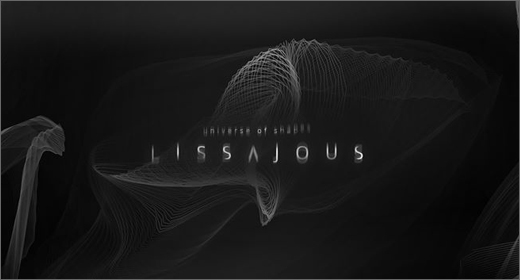
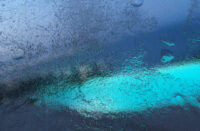
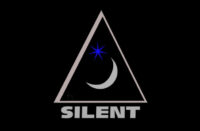


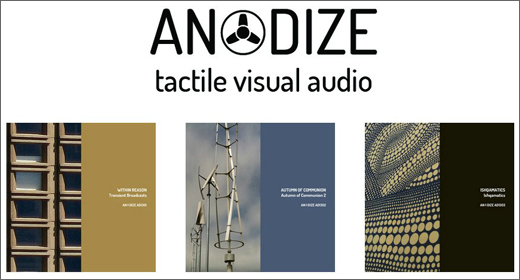
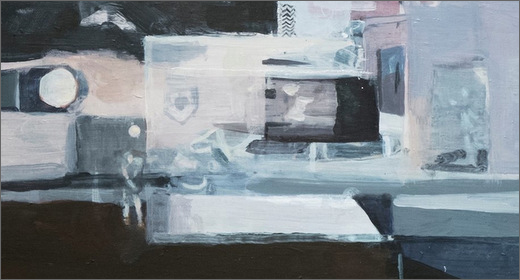
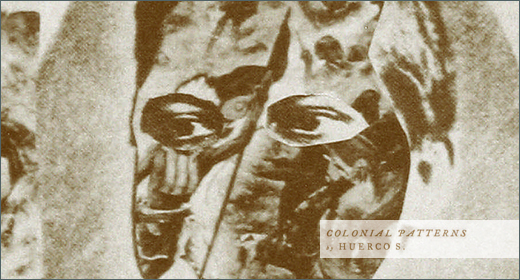
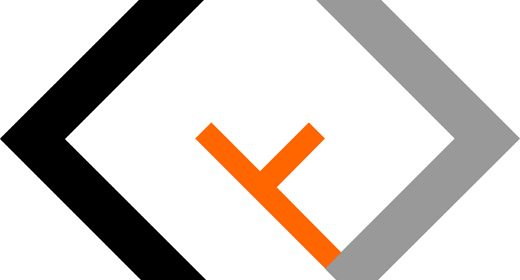
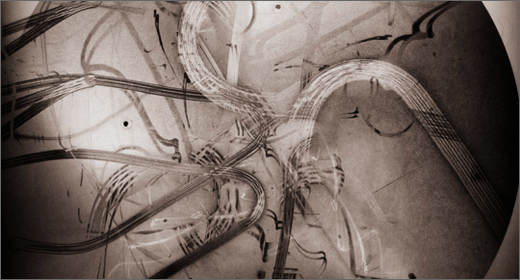
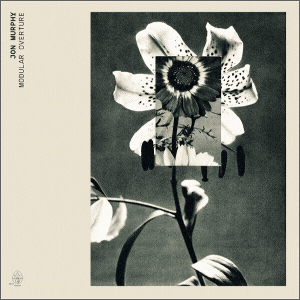







![Romanowitch :: A critical season substitute (glitch.cool) — [concise]](https://igloomag.com/wp/wp-content/uploads/2025/03/romanowitch-a-critical-season-substitute_tape_feat-75x75.jpg)

